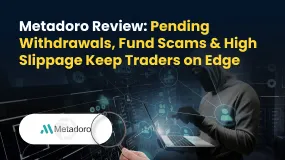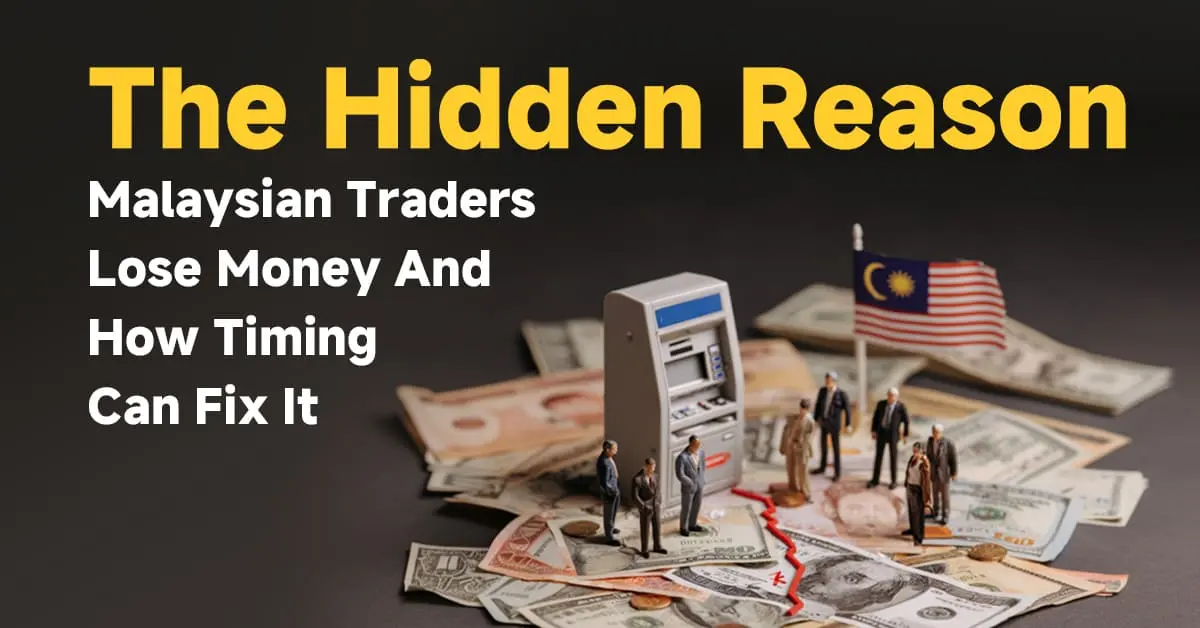简体中文
繁體中文
English
Pусский
日本語
ภาษาไทย
Tiếng Việt
Bahasa Indonesia
Español
हिन्दी
Filippiiniläinen
Français
Deutsch
Português
Türkçe
한국어
العربية
How Forex Trading Spread Impacts Your Trading Costs and Profitability
Abstract:The spread of forex trading is the difference between the sell price and the ask buy price. Whether you’re a beginner or an experienced trader, this article may help you understand spreads, and learning how to minimize them can make a significant difference in your trading.

The spread of forex trading is the difference between the sell price and the ask buy price. Whether youre a beginner or an experienced trader, this article may help you understand spreads, and learning how to minimize them can make a significant difference in your trading.
About Forex Trading Spread
The spread in forex is effectively the brokers fee for executing your trade. If EUR/USD is quoted at 1.1840/1.1842, the spread is 2 pips (1.1842 − 1.1840 = 0.0002). Every time you open a trade, you start at a small loss equal to the spread, because you buy at the higher ask price and sell at the lower bid price.
Types of Spreads
There are normally two types of spreads in the forex market.
- Fixed Spread
It can remain constant regardless of market conditions. However, its cost is often higher than typical variable spreads.
2. Variable (Floating) Spread
Variable spread fluctuates based on market volatility, liquidity, and urgent events. It offers lower costs during quiet market hours. However, it can widen dramatically during high-impact news, increasing risk.
Why Spread Matters
- Cost of Entry and Exit: Each round-trip trade must overcome the spread before you can profit. A 2‑pip spread on a 1‑lot (100,000 units) EUR/USD trade equates to $20 in costs before you even break.
- Scalping and High-Frequency Strategies: When you aim for small gains per trade, wide spreads can wipe out your profits. Scalpers often seek brokers offering sub-1‑pip spreads to make their strategy viable.
- Risk Management: Wider spreads increase the distance between your entry price and stop‑loss level, affecting position sizing and overall risk.
Factors That Influence Spread
- Market Liquidity: Major pairs like EUR/USD and USD/JPY generally have the tightest spreads. Exotic pairs often carry spreads of 3–10 pips or more.
- Trading Hours: Spreads are usually narrower during the London and New York sessions—when liquidity peaks—and widen during Asian and overlapping “quiet” periods.
- News Releases: Central bank announcements, economic releases, and political events trigger volatility, causing spreads to balloon temporarily.
- Different Types of Brokers:
- ECN/STP Brokers pass your order directly to the interbank market and typically offer very low spreads but charge a commission per trade.
- Market Maker Brokers set their spreads, and their spreads can be wider.
How to Minimize Spread Costs
- Choose the Right Broker: Compare ECN/STP brokers with competitive commission structures against market‑maker brokers with tight fixed spreads.
- Trade Major Currency Pairs: Stick with major currency pairs to benefit from deep liquidity and low spreads.
- Avoid News-Time Trading: Unless youre a volatility specialist, steer clear of opening new positions right before high-impact releases.
- Use Limit Orders: Placing limit orders can sometimes get you filled inside the spread, reducing your effective cost.
- Monitor Trading Hours: Schedule your trades when spreads are typically at their lowest.
Conclusion
By understanding how spreads work and finding a way to minimize them, you can lower your trading costs, improve your risk management, and ultimately enhance your profitability.

Disclaimer:
The views in this article only represent the author's personal views, and do not constitute investment advice on this platform. This platform does not guarantee the accuracy, completeness and timeliness of the information in the article, and will not be liable for any loss caused by the use of or reliance on the information in the article.
Read more

Metadoro Review: Pending Withdrawals, Fund Scams & High Slippage Keep Traders on Edge
Do you fail to withdraw your funds from your Metadoro forex trading account? Does the forex broker manipulate figures to cause you losses? Does the high slippage erode your capital and make it difficult for you to close your order at the optimum rate? These are some startling issues you and many other traders are facing on the Metadoro trading platform. In this Metadoro review article, we have shared some complaints for you to look at. Read on!

Trillium Financial Broker Exposed: Top Reasons Why Traders are Losing Trust Here
Has your Trillium Financial Broker trading account failed to accept the deposit? Do the broker’s customer support officials fail to resolve your deposit query? Do you face unending fund withdrawal issues when trading through this forex broker? Have you faced capital scams? These are nothing new for Trillium Financial Broker’s traders. In this Trillium Financial Broker review article, we have expressed traders’ sentiments through their own complaints. Read on!

Is INGOT Brokers Safe or Scam? Critical 2025 Safety Review & Red Flags
Discover if INGOT Brokers is safe or scam in 2025. Our in-depth review examines their dual licensing, trader complaints, and regulatory warnings to help protect your investments.

The Hidden Reason Malaysian Traders Lose Money And How Timing Can Fix It
In forex trading timing is not just a detail. It is a decisive factor that shapes liquidity volatility and the probability of success.
WikiFX Broker
Latest News
The Debt-Reduction Playbook: Can Today's Governments Learn From The Past?
Trillium Financial Broker Exposed: Top Reasons Why Traders are Losing Trust Here
FIBO Group Ltd Review 2025: Find out whether FIBO Group Is Legit or Scam?
Amillex Withdrawal Problems
Is INGOT Brokers Safe or Scam? Critical 2025 Safety Review & Red Flags
150 Years Of Data Destroy Democrat Dogma On Tariffs: Fed Study Finds They Lower, Not Raise, Inflation
Netflix Confirms 2025 Stock Split, FxPro Issues Update
XM Broker Launches $150K Partners Rising League
The Hidden Reason Malaysian Traders Lose Money And How Timing Can Fix It
FXCL Review: Broker License Revoked, No Regulation
Currency Calculator




